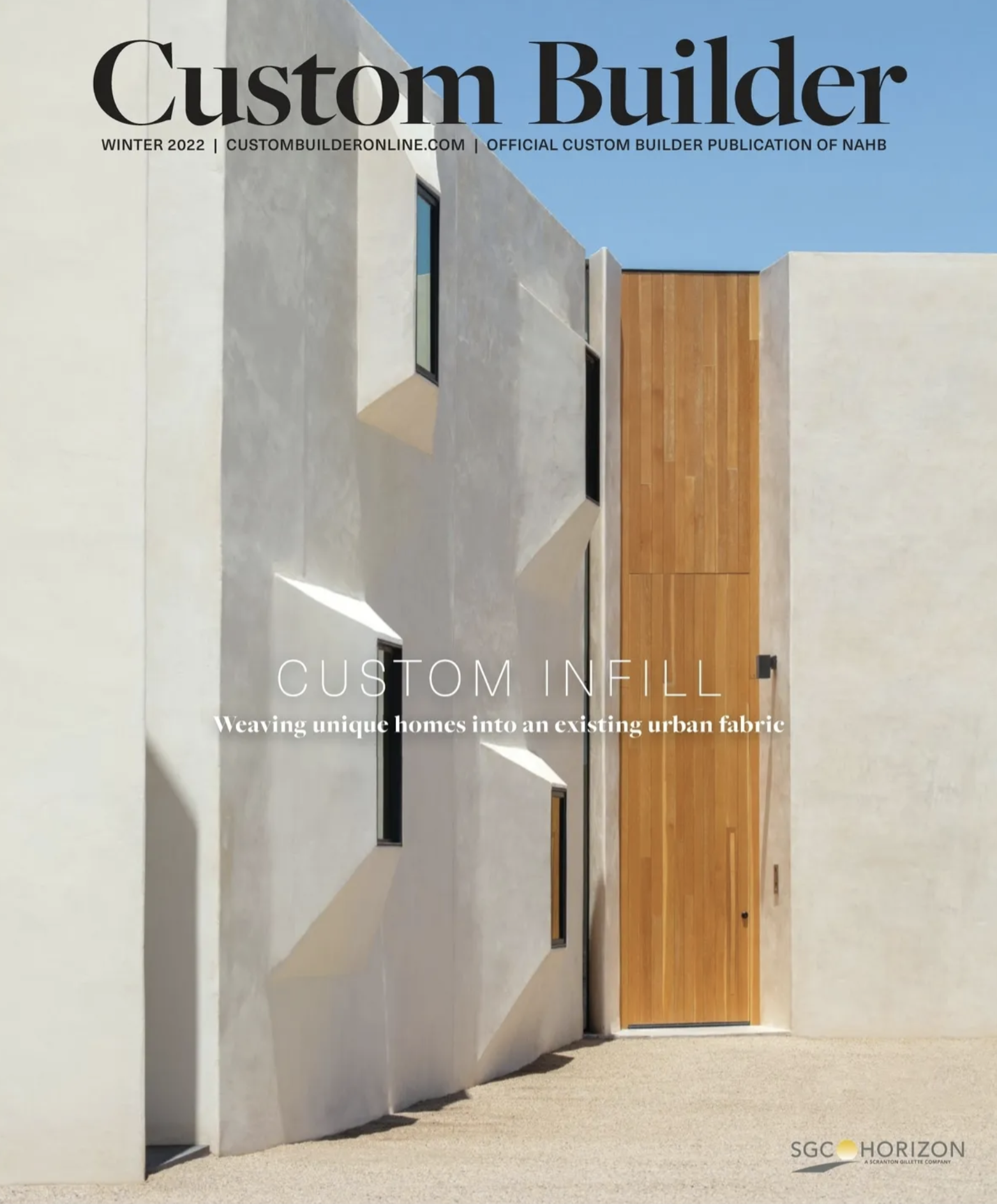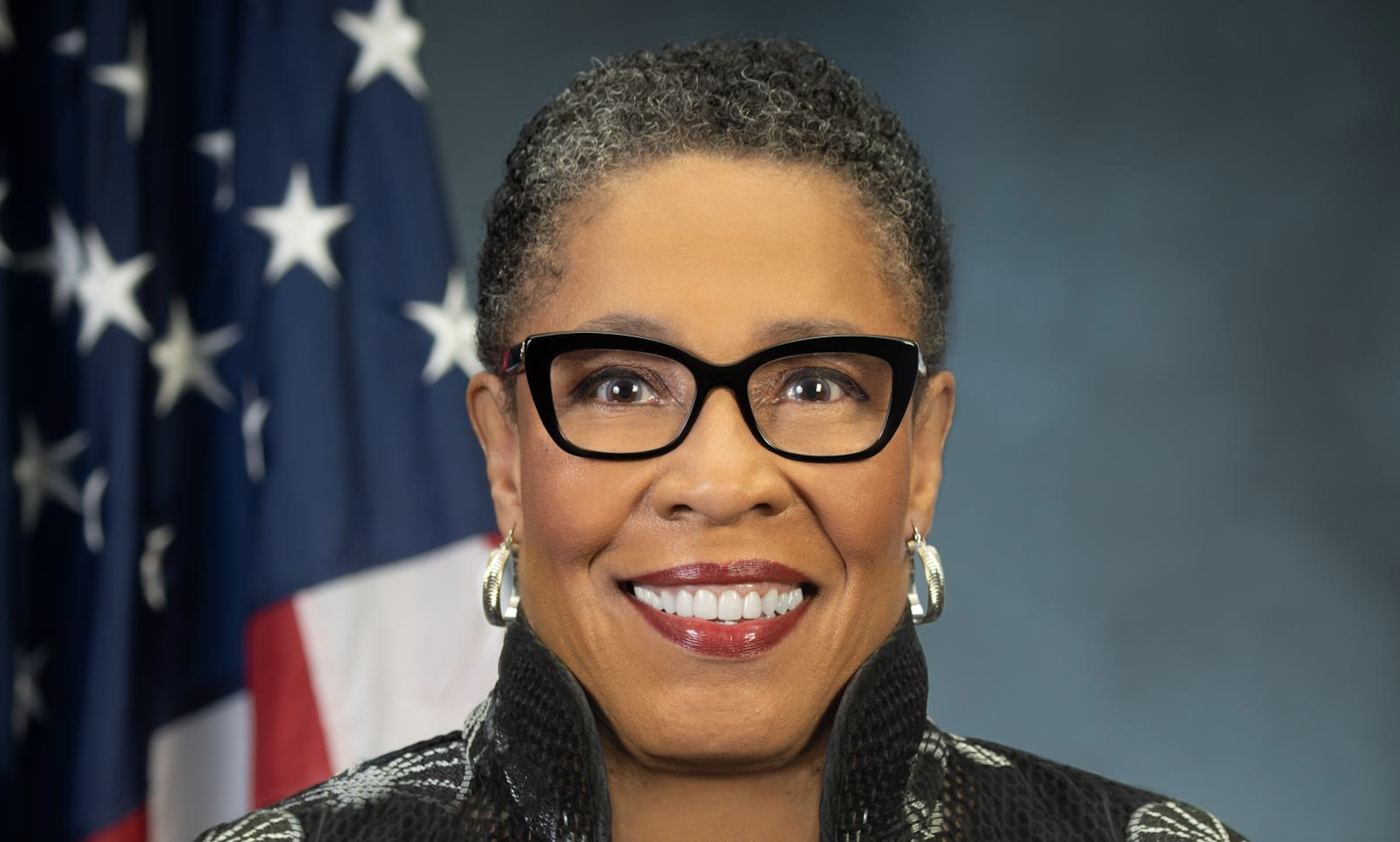Cutting insurance coverage during these litigious times might improve short-term cash flow, but it can jeopardize a company's long-term stability.
The purpose of insurance is to share and transfer risk. The burden for luxury home builders is determining how much risk should be transferred to an insurance company and then balancing available cash flow in determining whether they can afford to pay the premiums. Of course, retaining risk by failing to buy adequate insurance is a risk unto itself.
While insurance coverage for home builders is becoming increasingly difficult to obtain and renew, home builders should examine their policies to be certain they contain provisions for all of the following:
Property: This includes a company's offices, business personal property, company-owned buildings and the personal property of others. It also might include coverage for lost income if a company cannot operate because of an inability to use its primary offices (e.g., because of a fire). Policies also typically include coverage for losses from employee theft or dishonesty or the loss of valuable papers and records.
Coverage also might extend to expenses incurred to keep a business running in the event of a catastrophe. If, for example, company offices were rendered unusable, this type of policy might cover rental expenses or even lost rent from others if the company owned the space that is no longer serviceable.
|
General Liability: Liability insurance protects the company and its owner in the event of an injury suffered on property covered by the policy. This should not be confused with a workers' compensation policy, which does not cover injuries suffered by a visitor to company offices.
In addition, general liability includes coverage for other risks faced by construction companies that also might result in claims. Because an insurance company assumes certain of those risks upon writing a liability policy, underwriters usually request a loss history of at least five years from a new applicant.
Equipment: Substantial construction equipment will be listed individually in a policy's equipment section. Home builders should be careful about the coverage in this portion; if a policy covers full replacement value, the owner should be certain the full replacement value of each piece of equipment is listed. If the policy pays only existing value after depreciation, a lower premium should reflect that reduced coverage.
Errors and Omissions: Known in the trade as professional liability insurance, errors and omissions policies commonly are associated with service industries and professionals. One thinks of E&O coverage for an attorney who might improperly draft a will or a stockbroker who might offer an inappropriate investment to a retiree.
Builders engaging in design/build should protect themselves against errors and omissions from their designs or construction practices. Before purchasing this coverage, however, builders should determine whether it is already included in their general liability policy. Some insurance companies have home builder programs that package multiple coverages into one policy.
Auto: Company-owned vehicles should be included in this policy. Vehicles owned by employees and used for company purposes are covered under general liability.
Workers' Compensation: A workers' comp policy protects the employer by safeguarding the interests of employees. Should an employee be injured on the job, a workers' comp policy provides compensation for medical treatment and income benefits while the employee is unable to work.
|
In most states, insurance regulators set fees for workers' comp insurance. Every insurance company that writes this type of coverage in such a state must offer it at the same rate as every other offering company. Rate classes are established based on risk (roofers, for example, require a higher premium per $100 of earned income than do clerical employees), so job descriptions are critical when a company asks its agent for a rate quote.
Some carriers that write workers' comp policies offer discounts if the builder agrees to a managed-care provision. This would entail directing an injured employee to a hospital or medical provider with whom the insurance company has negotiated reduced fees. While insurance rates have increased substantially in recent years, and premium discounts have been sharply curtailed, a managed-care discount still might save 5-10% of the total workers' comp premium.
Umbrella Coverage: While workers' comp, auto and general liability are examples of primary policies, an umbrella policy adds another layer of coverage. If a claim exceeds the coverage offered by the primary policies, an umbrella policy offers millions of dollars of additional protection. While premiums for umbrella policies used to cost less per $1,000 of coverage as coverage increased, many carriers now offer flat premium rates for umbrella policies (e.g., $5,000 per each $1 million of coverage).
Umbrella coverage for a company is different from a personal umbrella policy. To ensure that a builder is protected if sued personally in addition to any lawsuit filed against the company, the umbrella policy should name the company and the owner as the insured. A personal umbrella policy typically excludes coverage for business. Builders should have a separate umbrella policy for their company.
Aside from obtaining the appropriate insurance policies and coverage for their business, builders should have risk-management programs in place. From job-site safety to data backup in the office, insurance companies want to know that their policyholders are doing all they can to prevent and minimize claims. Working in tandem with the insurance carrier's risk-management department or hiring a safety consultant can increase a builder's ability to obtain and retain coverage.
Related Stories
Custom Builder
HUD Secretary Marcia Fudge Announces Forthcoming Resignation
U.S. Department of Housing and Urban Development Secretary Marcia Fudge has said that she intends to leave office later this month
Custom Builder
Floodproof on a Floodplain
An impressive addition to the IDEA Home series, the NEWLOOK Experience Home is a master class in engineering and creative design, with builder Michael Freiburger out-thinking an exceptionally tricky lot
Custom Builder
Why Start a Custom Building Business?
In this Taking Care of Business segment, expert coach and trainer Scott Beebe joins our host Duane Johns to talk about where custom builders could be getting off on the wrong foot
Custom Builder
3 Questions Answered About Reliable Energy in Home Construction
Energy expert Bryan Cordill makes a case for why and how propane is an answer to growing concerns about reliability and resilience in home construction
Business
Custom Builder to Talk Color Design with Becki Owens at IBS
At this year's IBS, renowned designer Becki Owens will sit down with host James McClister, editor of Custom Builder, to discuss a variety of topics from basic color play in design to the Allura Spectrum palette, a collection of Sherwin-Williams colors curated for the benefit of pros
Business
PERC Highlights Sustainability and Efficiency at IBS with 'Clean Build Conversations'
Hear from industry standouts Matt Blashaw and Anthony Carrino at this hour-long Show Village event
Business
The Five Foundational Cornerstones
Business coach Scott Beebe shares insights into the often ignored business basics that could be the difference between long-term success and failure
Custom Builder
Start With the Why: Fundamentals of the Custom Builder Business
In our inaugural episode of Taking Care of Business, host and custom builder Duane Johns sits down with Scott Beebe, head coach and founder of My Business on Purpose, to talk vision, purpose, mission, values, and more
Business
Why AI Is Now Key to Our Trade Partner Strategy
Thompson Custom Homes Business Manager Erin Day explains how AI became a crucial part of building and maintaining successful trade partner relationships
Business
Thriving in 2024: Tips for Succeeding in an Uncertain Environment
Author and sales expert Mark Richardson shares his insights on the industry and how to rethink your approach to success in the new year












